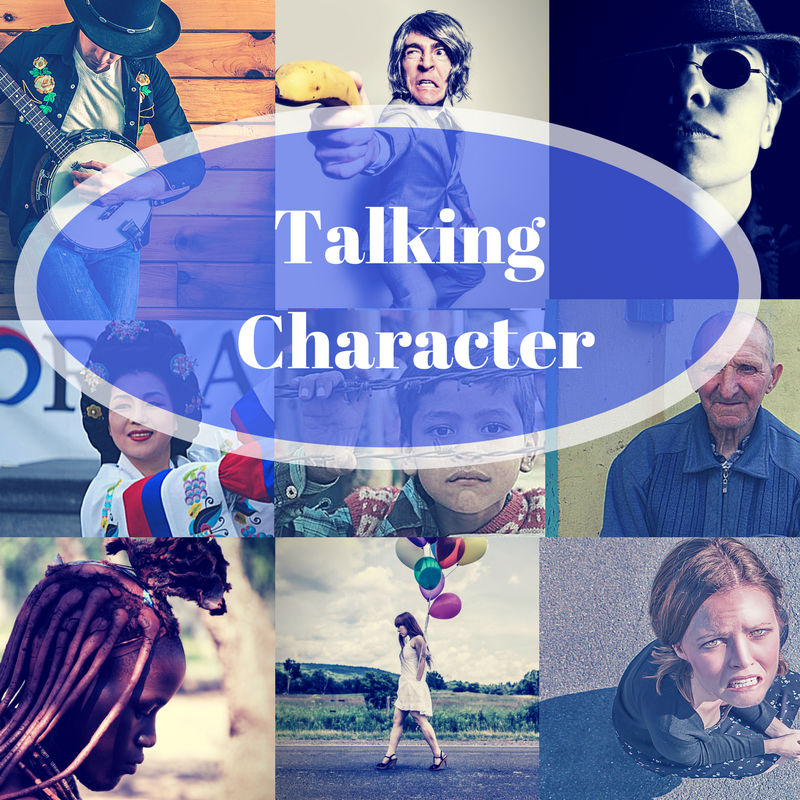I struggle when it comes to writing descriptions of character emotions. I know better than to simply tell the reader my character is scared, but writing that Sam’s heart was pounding isn’t much better than saying Sam was afraid. It’s too cliché.
We writers need to push beyond such overused phrases. But before tossing them out altogether, we might look for nuggets of inspiration.
Look for the underlying truth
Many clichés are based on an element of truth. Sometimes when I am afraid, my heart does feel like it’s pounding. Which means a pounding heart is a legitimate physical response to fear, but I need to find a fresh way to describe it. So instead of Sam’s heart was pounding, I might write, His chest throbbed like a subwoofer playing hip-hop. Instead of Mandy’s face turned ashen, I could try Mandy’s face turned the color of unbaked dough. And instead of His head was swimming, how about, His thoughts darted like minnows escaping a net.
Rethink the obvious action
Showing emotion through a character’s actions is good technique, so long as I don’t choose overused actions such as an impatient woman tapping her fingers on the table. For a fresher option, I can look for a different action that describes a similar response. Instead of tapping fingers I might write, She clicked her pen, in and out. In and out. Instead of a boy slamming his door, perhaps he might throw his backpack on the floor and collapse onto the bed. And instead of a girl biting her nails I might try, Kelly ripped the nail from her finger, leaving a jagged edge that had to be nibbled smooth.
Reinvent a tired cliché
I know better than to write that Nicole was happy as a clam. How happy is a happy clam, anyway? And how would I know a happy clam from an unhappy one? (I suppose it’s safe to assume the ones floating in my chowder are unhappy?)
Anyway…
This cliché clearly needs an update. What if I found other clam-like qualities that applied to my character’s emotional state, such as a clam’s habit of quickly closing when threatened, which might lead to this: When he asked her a personal question, Nicole closed up faster than a clam sensing danger.
Instead of describing Alex as, “stubborn as an ox,” I could come up with some other example of stubbornness, such as, Alex was stubborn as a fly beating itself against the car window. Alternately, I could try for a humorous effect by purposely choosing an inapt metaphor. Instead of saying Professor Watkins was stone-faced, I could describe him this way: Professor Watkins was as vivacious as a granite war memorial.
So the next time you find yourself falling into the cliché trap, take a moment to consider how that trite old phrase might lead to a fresh description.
[bctt tweet=”Mine old clichés for creative new descriptions. #amwriting” username=””]
[bctt tweet=”Having trouble describing character emotions in fresh ways? #writetip” username=””]
Characterization Exercise:
Look back over my examples, and describe a character for whom each one might be appropriate. For example, what kind of character would feel fear as a subwoofer throbbing in his chest?







2 Comments
I’m always reviewing my work for cliches. It does stretch your imagination to come up with originals ways to describe feelings everybody knows. I also have to watch that I don’t describe the feelings too “original”, in such an odd way that the reader won’t understand my description.
Yes, we creative types can be too creative for our own good, and come up with some pretty wild metaphors. (That’s where trusted critique partners come in handy. The ones that aren’t afraid to tell us when they have no idea what we mean.) But in those crazy metaphors we might find the germ of a really brilliant one. You never know.